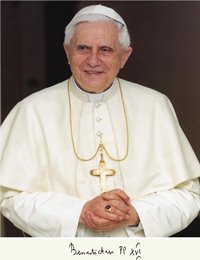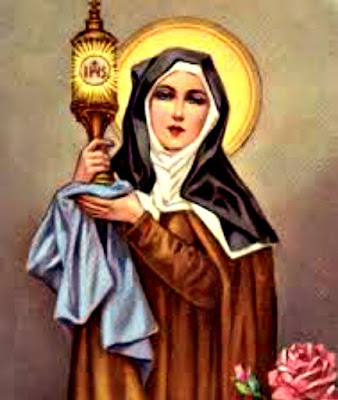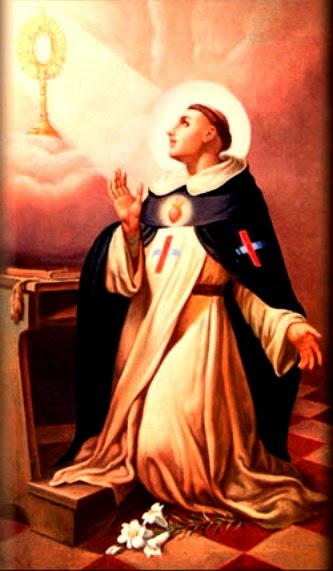Pope Benedict's First Easter Message

Pope Benedict XVI called for "serious and honest" negotiations to defuse tension over the development of nuclear power by Iran, in Urbi et Orbi message delivered on Easter Sunday.
The Holy Father did not explicitly mention Iran as he addressed the crowd in St. Peter's Square at midday on Easter Sunday. But his reference to "the international crises linked to nuclear power" was unmistakable.
In other references to international affairs, the Pope called for peace in several African regions-- beginning with a mention of Darfur, and including the Great Lakes region, Ivory Coast, Uganda, and Zimbabwe-- and in Latin America. In a balanced reference to the Middle East, he said: "May the international community, which re-affirms Israel’s just right to exist in peace, assist the Palestinian people to overcome the precarious conditions in which they live and to build their future." And looking toward Iraq, the Pontiff prayed that "peace finally prevail over the tragic violence that continues mercilessly to claim victims."
The Pope's first Easter message, delivered from the loggia of the Vatican basilica, was broadcast by 102 television stations to audiences in 65 different countries. A large and enthusiastic crowd welcomed the Pope's solemn Easter blessing with loud cheering and a persistent chant of "Benedetto!"
Pope Benedict began his Urbi et Orbi address with a reflection on the meaning of Easter, encouraging believers to " relive the the event of the Resurrection, which changed the face of our life and changed the history of humanity." The risen Christ, he said offers hope to "all those who are still oppressed by chains of suffering and death-- sometimes even without knowing it."
Jesus rose, the Pope said, because "it was not possible for him to be held prisoner by death, and the tomb could not hold 'the living one' who is the very source of life." He added: "His resurrection becomes our resurrection, through Baptism which incorporates us into Him."
After delivering his message, the Pope offered his Easter greetings to the world, using 62 different languages. (That number matched the number of different languages used by Pope John Paul at his Easter Sunday audience in 2004; at Christmas, Pope Benedict had used "only" 33 languages.) In addition to many European languages, he spoke in Armenian, Hebrew, Turkish, Gaelic, Korean, and several African tongues.
After the Pope's message, Cardinal Dario Castrillon Hoyos, the prefect of the Congregation for the Clergy, officially announced the plenary indulgence that is granted (under the usual conditions) to those who receive the Pope's Easter blessing. Cardinal Castrillon was at the Pope's side along with Cardinal William Levada, the prefect of the Congregation for the Doctrine of the Faith. The papal blessing was delivered, in Latin and to the sound of a fanfare, at 12:30.
After the midday audience Pope Benedict-- who was celebrating his 79th birthday-- left the Vatican by helicopter for a few days of rest at the papal summer residence in Castel Gandalfo. He will return to Rome for his regular weekly public audience on Wednesday, April 19-- which coincides with the 1st anniversary of his election.




Comments
Post a Comment
Comments are moderated and are published at the blogger's discretion.